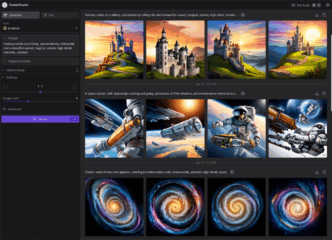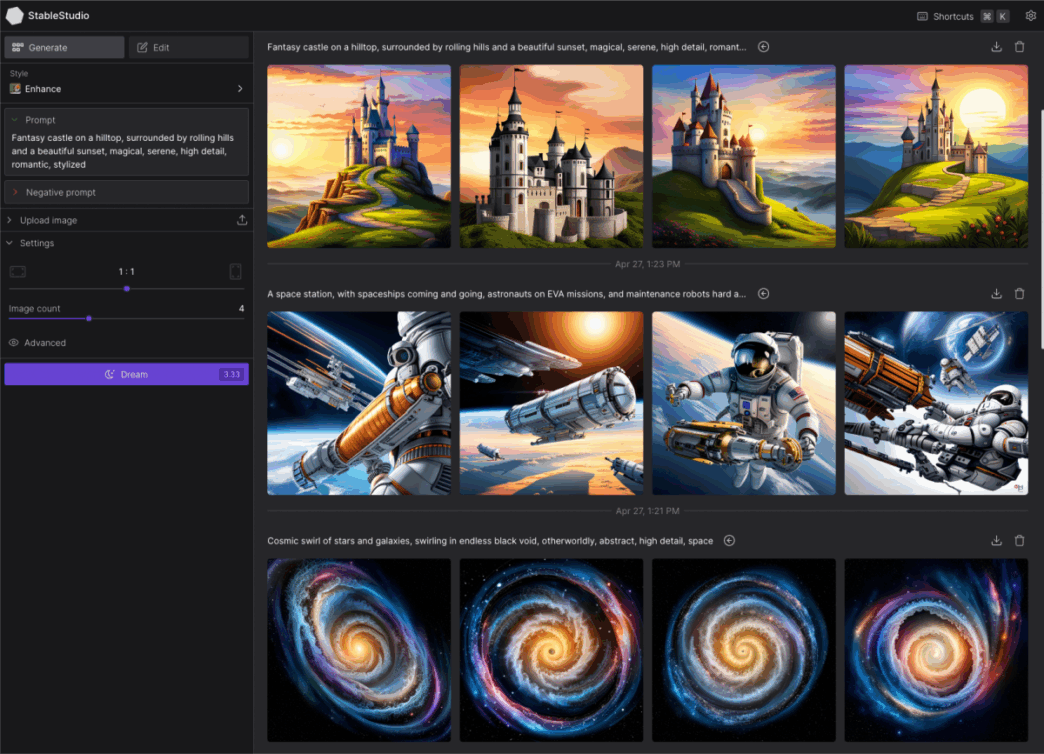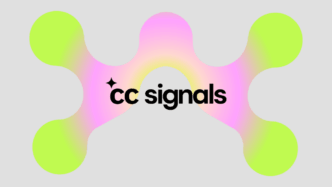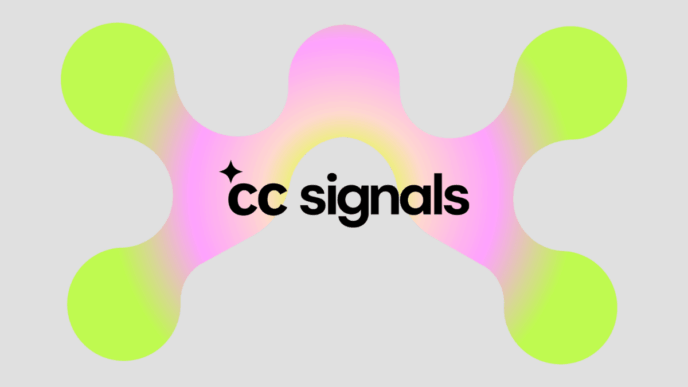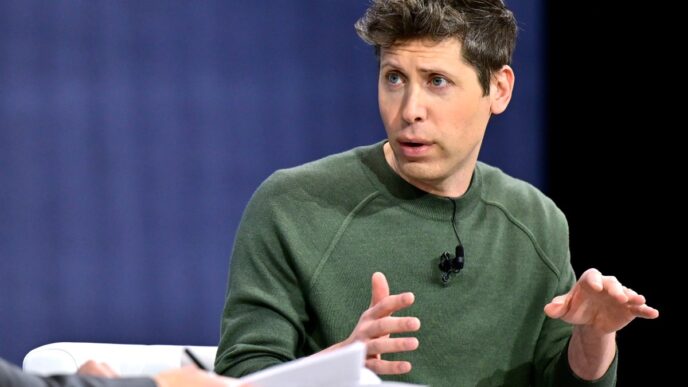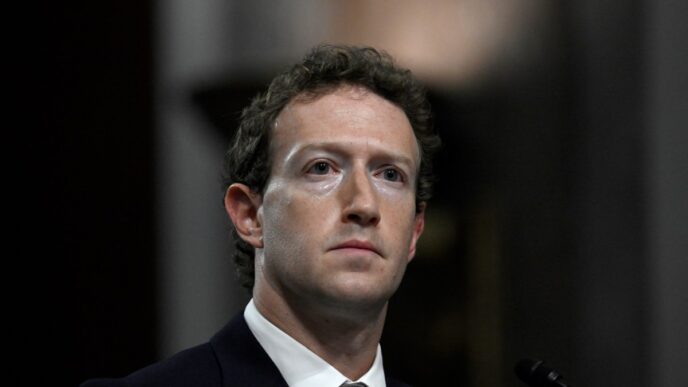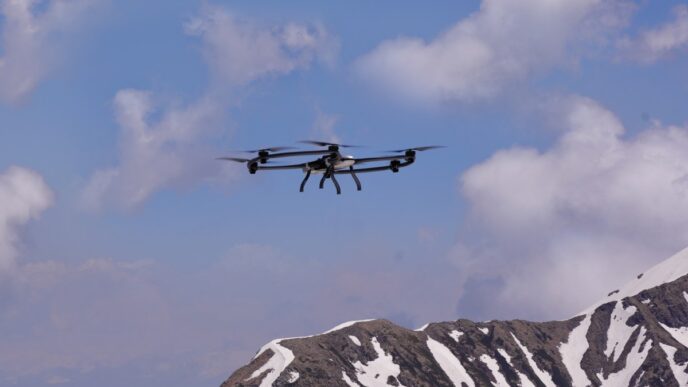Getty Images dropped major copyright claims against Stability AI Wednesday at London’s High Court. The lawsuit charged Stability AI, maker of Stable Diffusion, with training its AI on millions of Getty’s copyrighted images without permission. Those claims are now gone.
Getty also accused Stability AI of generating images too close to their copyrighted works — some even with Getty watermarks. Those claims were dropped too.
Ben Maling, partner at EIP law firm, told TechCrunch the training claim likely failed due to lack of UK jurisdiction connection. The output claim likely fell because Getty couldn’t prove Stable Diffusion copied substantial parts of the original images.
Getty’s lawyers called it a strategic move, focusing on claims they believe are stronger.
What’s left? Getty’s secondary infringement and trademark claims. Getty argues even if training happened outside the UK, the AI models could be “infringing articles” imported into the UK.
Ben Maling said:
“Secondary infringement is the one with widest relevance to genAI companies training outside of the UK, namely via the models themselves potentially being ‘infringing articles’ that are subsequently imported into the UK.”
Stability AI responded:
“We are pleased to see Getty’s decision to drop multiple claims after the conclusion of the testimony.”
They also stated confidence Getty’s trademark claims will fail because users don’t see watermarks as commercial messages from Stability AI.
Getty’s U.S. division is running a separate lawsuit, claiming Stability AI trained its model on as many as 12 million copyrighted images without permission. Getty seeks damages of $1.7 billion for 11,383 works.
Stability AI also faces another suit alongside Midjourney and DeviantArt from visual artists over copyright.
Getty’s not just suing. They also launched their own generative AI tool using models trained on Getty iStock libraries, letting users create new licensable images and artwork.
